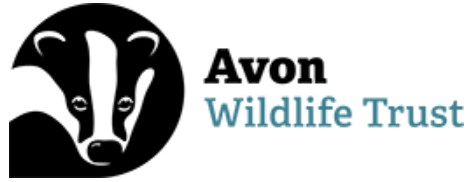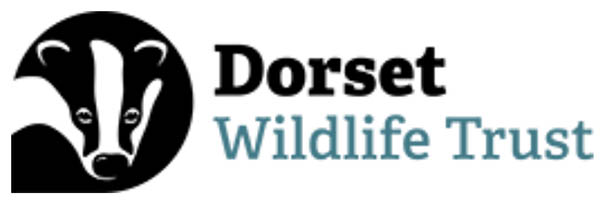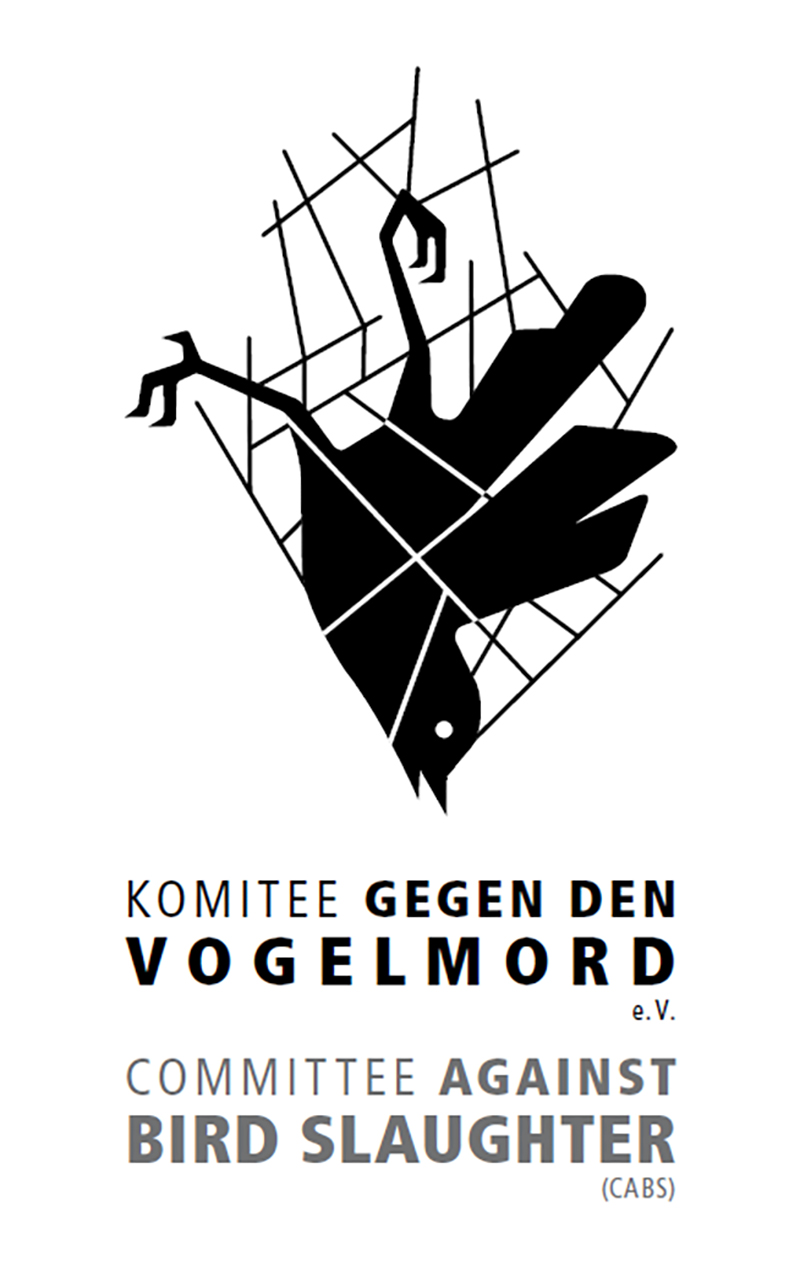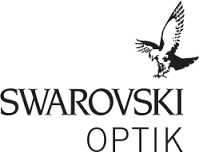


Badger Trust exists to promote and enhance the welfare, conservation and protection of badgers, their setts, and their habitats. More than 230,000 legally protected badgers have been killed in a misguided response to them spreading tuberculosis in cattle. That's despite growing public and scientific opposition, including reports that more than 94% of bovine TB in cattle is spread from cow-to-cow, not from badgers. Culling spells disaster for badgers, a native protected species. And fears grow as government figures revealed that the badger cull has claimed up to half of Britain's estimated badger population.

Save the Rhino supports field projects in many countries in Africa and Asia, working hard to increase rhino numbers by funding anti-poaching patrols, working to end illegal trade in rhino horn, empowering local people, and much more. Mark is a Patron.

WWT is a conservation charity that saves wetlands around the world and rescues endangered species that rely on wetlands for their survival. Its founder, Sir Peter Scott, very generously took Mark under his wing and was his mentor for many years. Mark is Vice-President.

The World Land Trust protects the world’s most biologically important and threatened habitats, by purchasing land for local conservation groups and communities to manage as nature reserves. Over the years, Mark has been a Trustee and a Council Member and is now an Ambassador. We recommend the World Land Trust as the go-to charity to carbon offset flights.

This is one of 46 Wildlife Trusts up and down the UK which manage thousands of nature reserves, from ancient woodlands to inner city nature parks, and stand up for local wildlife and wild places. Mark is Vice-President.

This is Mark’s local wildlife and conservation charity, which works to champion wildlife and natural places on its 40 nature reserves and through its work with others.

DSWF was set up by the late wildlife artist David Shepherd – a friend of Mark’s for decades – in 1984. Its aim is to save critically endangered mammals, from rhinos and elephants to wild dogs and snow leopards, in Africa and Asia. Mark is Vice-President and Conservation Advisor.

The Committee Against Bird Slaughter (CABS) works to protect migratory songbirds from illegal poaching and over-exploitation (more than 25 million of them are killed illegally in Mediterranean countries every year). Some of the techniques used to catch the birds are dreadfully cruel – for example, the hunters use ‘lime sticks’ covered in glue to capture any unsuspecting birds that land on them – resulting in unimaginably painful, lingering deaths. CABS field teams disrupt hunters and help police to convict them and seize thousands of traps, nets, weapons and decoys. Without these brave souls, there would be few of the rapidly disappearing birds left.

A marine conservation charity to protect whales, dolphins and porpoises in UK, European and adjoining waters, ORCA focuses on identifying important cetacean habitats. It is best known for its Volunteer Marine Mammal Surveys on board ferries and cruise ships. Mark is one of three Patrons, with Chris Packham and Nigel Marven.

To quote David Attenborough: “All our environmental problems become easier to solve with fewer people, and harder – and ultimately impossible – to solve with ever more people”. Population Matters addresses population size and its effect on environmental sustainability. Mark is an Honorary Member.

Fighting for sharks and the marine environment, Bite-Back runs a variety of carefully targeted campaigns designed to do everything from ending the sale of shark fin soup in Britain to challenging the UK’s leading supermarkets to end the sale of vulnerable fish.

Set up to be a voice for sharks, skates and rays, and a founder member of the Shark Alliance, the Shark Trust has a variety of projects and campaigns to improve conservation efforts in the UK and around the world.

FFI has a simple vision: a sustainable future for the planet, where biodiversity is effectively conserved by the people who live closest to it, supported by the global community. It has over 140 projects in 40 countries – mostly in the developing world.

Raincoast is a team of conservationists and scientists using rigorous, peer-reviewed science to protect British Columbia’s precious coastal forests and all their bears, wolves and other wildlife.

Founded in 1984 by Bill Travers and Virginia McKenna – stars of the iconic film Born Free – this is a welfare and conservation charity that works worldwide to stop individual animal suffering and to protect threatened species in the wild. Its philosophy is that every animal counts.

Specialising in island wildlife – where unique species are under intense pressure – the Durrell Trust has field projects in 18 countries, maintains an ‘ark’ of endangered species at Jersey Zoo (with breeding programmes for release back into the wild) and trains the conservationists of the future.

EIA undertakes diligent, carefully planned and often dangerous undercover investigations, going out to the frontlines of environmental crime and returning with the credible intelligence and persuasive imagery necessary for conservation action.

GCT supports pioneering conservation projects and raises awareness to secure the future preservation of the unique archipelago that provided the inspiration for Charles Darwin’s ground-breaking theory of evolution.

MCS champions the need for marine wildlife protection, sustainable fisheries and clean seas and beaches. Its vision is for seas that are fit for wildlife to thrive in and for people to enjoy, and seas that will support future generations with abundant resources.

Respect for Animals campaigns against the cruel and unnecessary international fur trade, using innovative advertising and media campaigns and effective political campaigns to change attitudes and laws. It believes that fur farming and trapping are morally indefensible.

WildAid’s mission is to end illegal wildlife trade – for a world where people no longer buy wildlife products such as shark fins, elephant ivory and rhino horn. It works by reducing global consumption of wildlife products by persuading consumers and strengthening law enforcement.

Falklands Conservation protects the wildlife and wild places of the Falkland Islands. Its priorities include strengthening bio-security, ensuring best practice for onshore and offshore developments, terrestrial habitat restoration and enhancing marine management. Mark is Vice-President.

